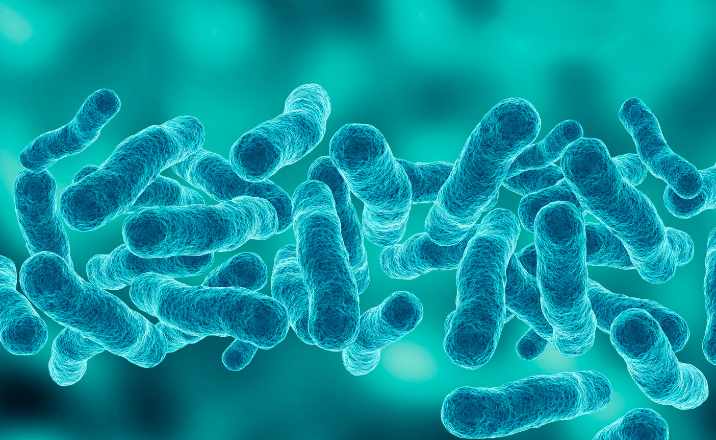
The recent outbreak of Guillain-Barré Syndrome (GBS) in Pune, Maharashtra, has raised significant health concerns, prompting local authorities and health experts to take urgent action. This rare autoimmune disorder, which affects the nervous system, has resulted in a rapid increase in cases, with 111 confirmed instances reported in less than three weeks. Tragically, the outbreak has also claimed its first victim—a 41-year-old chartered accountant who succumbed to the disease after a brief illness characterized by diarrhea and subsequent muscle weakness.
What Is Guillain-Barré Syndrome (GBS)?
Guillain-Barré Syndrome GBS usually starts with tingling or weakness in the legs, which can spread to the arms and upper body. Symptoms may progress quickly, sometimes leading to total paralysis. Other signs of GBS include:
- Difficulty with eye or facial movements
- Severe muscle pain
- Abnormal heart rate or blood pressure
- Breathing difficulties
Though most people recover, some may experience lingering effects. Early diagnosis and treatment are critical to managing this condition effectively.
The Role of Campylobacter jejuni in Triggering GBS
Campylobacter jejuni is a bacterium commonly associated with foodborne illnesses. It is found in undercooked poultry, unpasteurized dairy products, contaminated water, or food prepared in unhygienic conditions.
While most infections cause diarrhea, fever, and abdominal pain, in rare cases, Campylobacter jejuni can trigger GBS. The bacterium’s proteins mimic human nerve cells, prompting the immune system to mistakenly attack the body.
Preventing Campylobacter jejuni Infections
You can reduce the risk of Campylobacter jejuni infections by adopting these practices:
- Proper Cooking: Cook poultry to an internal temperature of 165°F (74°C).
- Prevent Cross-Contamination: Use separate cutting boards and utensils for raw meat and ready-to-eat foods.
- Safe Water: Always consume treated or boiled water, especially in areas with poor water quality.
- Good Hygiene: Wash hands thoroughly before eating, after handling raw foods, and after using the restroom.
The Role of Testing Laboratories
In light of these developments, the importance of reliable testing for food and water quality cannot be overstated. At Envirocare Labs, we are committed to ensuring public health safety through our ISO/IEC 17025 NABL-accredited testing services.
Our laboratory specializes in testing food and water for contaminants that could pose health risks, including those associated with outbreaks like GBS. By providing accurate and timely testing results, we contribute to efforts aimed at preventing such health crises.
As we navigate this challenging situation together, communities must prioritize hygiene and safety measures while relying on accredited laboratories like Envirocare Labs for essential testing services. Together, we can work towards a healthier future for all.
Why Choose Envirocare Labs?
- NABL Accredited Laboratory: Ensuring globally recognized standards.
- State-of-the-Art Facilities: Equipped with advanced technology for accurate testing.
- Expert Technical Team: Highly qualified scientists and analysts.
- Reliable and Accurate Results: Trusted by industries across sectors.
- Quick Response Time: Delivering prompt and efficient services.
Take Action Today
Protecting your business and consumers begins with safe food and water. Let Envirocare Labs help you identify risks and ensure compliance with safety standards.
Contact us today to schedule your testing services or learn more about our expertise in detecting Campylobacter jejuni and other contaminants.
Disclaimer: This article is for informational purposes only. If you experience symptoms of Guillain-Barré Syndrome (GBS), seek immediate medical advice.
